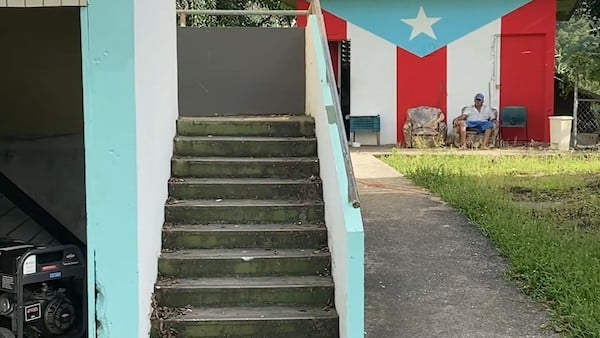Poverty in Puerto Rico, under U.S. colonialism, is getting worse over time, not better.
More than two-fifths of Puerto Ricans suffer from poverty, and nearly three-fifths of Puerto Rican children live in poor households.
In 2022, the poverty rate in the colonized U.S. “territory” grew from 40.5% to 41.7%, according to U.S. Census Bureau data.
A staggering 57.6% of Puerto Rican children live in poverty. And 38.8% of families are below the poverty line.
Poverty has been growing in Puerto Rico even at a time when more people are working. The unemployment rate fell from 13.1% to 9.9% in 2022, while poverty got worse.
These statistics from the U.S. Census Bureau may be very conservative. Anti-poverty activists in Puerto Rico have criticized the official figures and argued they downplay the hardship in the colonized nation.
As Yale University’s Genocide Studies Program notes,
Puerto Rico is one of the world’s oldest colonies, having been under some form of military occupation or protectorate status since 1508.
The United States seized the nation from its former colonizer Spain in an 1898 war.
Washington claims that being a U.S. “territory” makes Puerto Ricans wealthier, but after more than a century of colonization, their poverty rate is nearly four times the U.S. average, while their incomes are roughly one-third those of the United States.
Puerto Rico’s poverty rate of 41.7% stands in stark contrast to the U.S. national average of 11.5%, according to the Census Bureau.
In Puerto Rico, per capita income is just $14,047, while median household income is $21,967.
Across the United States, per capita income is $37,638, and median household income is $69,021.
In wealthy U.S. states such as Maryland, Massachussets, or New Jersey, median household income is around $90,000–more than four times that of Puerto Rico.
Even the poorest U.S. states, like Mississippi, West Virginia, and Louisiana, still have a median household income of roughly $50,000–more than double that of Puerto Rico.
The already dire economic situation for Puerto Rican families has only gotten worse in the past two years, as a rise in consumer price inflation has further eroded their purchasing power.
Meanwhile, the U.S. federal government has fueled mass displacement and outward migration, by turning Puerto Rico into a tax haven.
Right-wing libertarians and corporate oligarchs have happily proclaimed, “Move to Puerto Rico!“, not because they care about the nation, its people, its culture, and its history, but simply because U.S. citizens who relocate there do not have to pay federal income tax or capital gains tax.
This policy has unleashed colonial gentrification, incentivizing rich North Americans to displace local Puerto Rican residents.
It has also fueled rampant real estate speculation. Skyrocketing housing prices have only exacerbated the cost of living crisis, forcing many indigenous Boricuas out of the homes their families have lived in for generations.
Journalist Bianca Graulau has documented this colonial gentrification:

